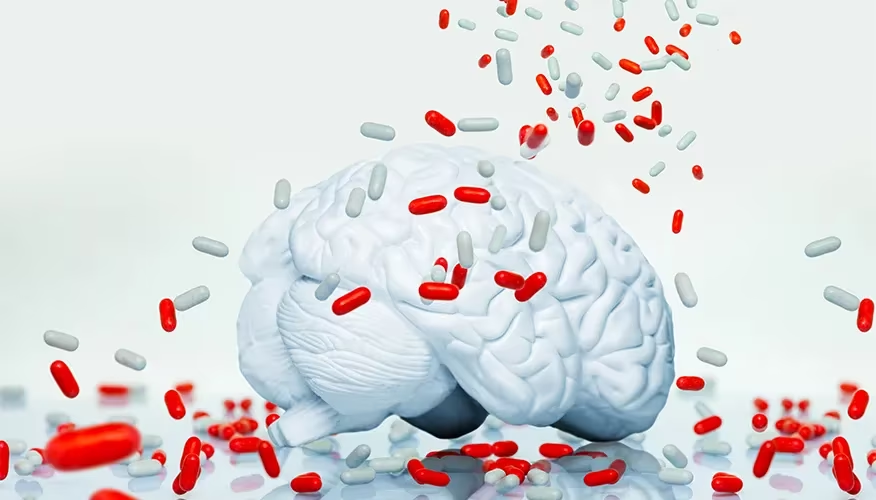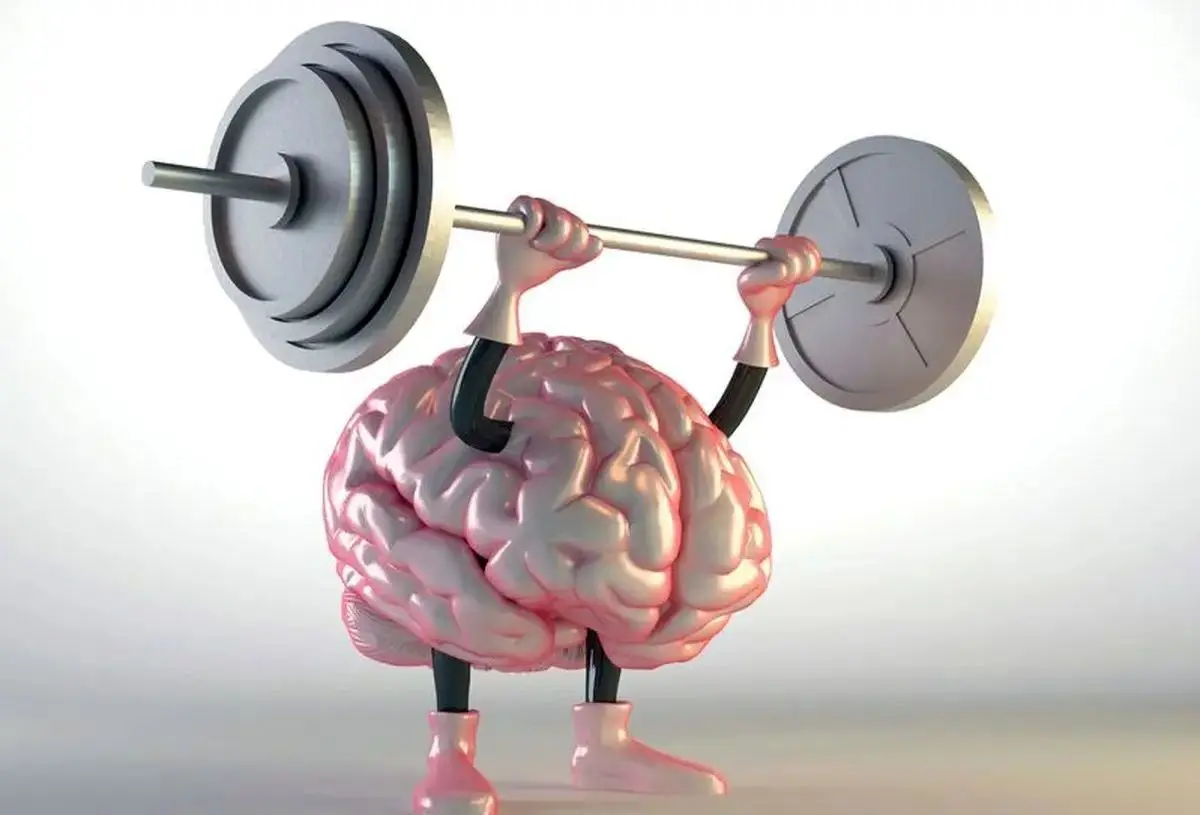brain health vitamins and minerals are the foundation of cognitive resilience and day-to-day mental performance for adults of all ages. Whether you’re navigating a demanding job in London, studying for exams, or simply aiming to keep your memory sharp, knowing which nutrients truly support brain function makes all the difference.
Why brain health matters more than ever
Modern lifestyles, stress, and processed diets often cause small nutrient deficiencies that accumulate over time. Addressing these gaps through informed nutrition and high-quality supplements can support memory, focus, and energy naturally.
What “brain health vitamins and minerals” really mean
This term refers to a range of micronutrients that directly support brain function, protect cells, and enhance neurotransmission.
Key examples include:
- B-group vitamins (B6, B9, B12) – essential for neurotransmitter production and homocysteine balance.
- Vitamin D – supports mood regulation and long-term neuroprotection.
- Omega-3 fatty acids (DHA/EPA) – maintain neuron membranes and communication.
- Magnesium – aids relaxation, sleep, and learning capacity.
- Zinc and Iron – vital for attention and memory.
- Antioxidants (Vitamins C, E, selenium) – defend brain cells from oxidative stress.
- Choline & Phosphatidylserine – support acetylcholine and learning efficiency.
How these nutrients work together
Brain performance depends on synergy — not single vitamins.
B vitamins work together in methylation; omega-3s rely on antioxidants for protection; choline and B12 interact in neurotransmitter pathways.
Effective brain health vitamins and minerals formulations combine these nutrients rather than isolating them.
How to choose high-quality brain supplements
When evaluating supplements, pay attention to:
- Transparent labels – full ingredient details, no “proprietary blends”.
- Bioavailable forms – methylated B-vitamins, chelated minerals.
- Third-party testing – ensures purity and heavy metal safety.
- UK manufacturing standards – compliance with GMP ensures quality and traceability.
How to integrate supplements into daily life
- Start small: introduce one supplement at a time.
- Consistency: daily use matters more than high doses.
- Timing: take B-complex in the morning, magnesium in the evening.
- Pair with food: fat-soluble vitamins (like D and E) absorb best with meals.
Different needs for different adults
- Young professionals – focus and energy; B-vitamins and omega-3 help.
- Older adults – memory and antioxidant support; phosphatidylserine and vitamin E.
- Vegans/vegetarians – watch B12, iron, and DHA.
- Shift workers – pay attention to vitamin D and magnesium.
Testing and safety guidelines
Before taking supplements, consider simple blood tests:
Vitamin D, B12, folate, and ferritin.
Avoid overdosing; some nutrients (like iron and fat-soluble vitamins) build up.
Always consult your GP if taking prescription medications.
Food sources of brain-boosting nutrients
Emphasise whole foods first:
Fish, eggs, nuts, leafy greens, legumes, wholegrains and berries naturally provide many brain health vitamins and minerals — supplements should complement, not replace, a healthy diet.
The London lifestyle connection
Urban living brings stress, low sunlight, and irregular meals.
For adults in London, supplementing with vitamin D, omega-3 and a balanced multi-nutrient blend can help maintain focus and mood.
To find reliable UK-made supplements and information, visit Lilia Healthcare — your trusted source for evidence-based wellness.
Product insight: targeted neuro support
For those seeking comprehensive cognitive support, explore Lilia Neuro Care, a scientifically formulated supplement designed to enhance focus, memory and energy through optimal nutrient synergy.
Quick checklist before you buy
- UK-made under GMP
- Clear dosages and ingredient forms
- Independent purity testing
- Multi-nutrient approach
- Transparent safety data
30-day plan for better brain health
Week 1: Evaluate your diet and begin a balanced multinutrient.
Weeks 2–3: Add omega-3 and adjust sleep hygiene.
Week 4: Review focus, energy, and mood; consider lab tests if needed.
Final thoughts
Long-term brain health comes from balance — diet, rest, exercise, and the right nutritional support.
By integrating brain health vitamins and minerals into your daily routine, you can enhance memory, focus, and mental clarity sustainably.







